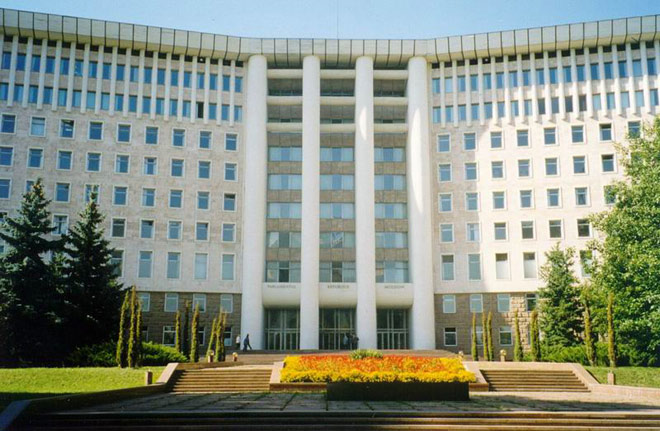Observers found that Moldova's parliamentary election was fair and democratic, but a recent change to the election code that benefits non-Communist parties is problematic, observers said in a report Monday, DPA reported.
Moldovans voted Sunday for the third time in less than two years for parliament because the two previous legislatures were unable to muster the votes necessary to elect a president.
Preliminary results Monday indicated that the Communist Party won the most seats in the 101-member legislature - 44 or 45 - and will be able to prevent other parties from cobbling together the needed 61 votes to elect a president.
Nevertheless, the three other, more Western-oriented parties that will enter parliament should have enough votes to form a government.
The change to the election code that observers criticized allocates more mandates to smaller parties and therefore benefits three parties in the current ruling coalition - the Liberal Democratic Party, the Democratic Party and the Liberal Party.
All three parties together are expected to have a total of 55 or 56 seats.
The report by the Organization for Security and Cooperation in Europe (OSCE) and other observation groups didn't say how many more seats the smaller parties would get under the changed election law as compared to the old one.
Among deficiencies the report identified were the change to the election code, "isolated" cases of intimidation and threats and intimidation, and deficiencies in voter lists that could have led to multiple voting by individuals.
"(The) adoption, four months before the elections and without public consultations, of a new mandate allocation system, which favours small parties, led to the wide perception that the change was designed to benefit the parties in power," the OSCE said.
"This is not in line with the Venice Commission Code Practice in Electoral Matters."
The report was issued by the OSCE Office for Democratic Institutions and Human Rights, the OSCE Parliamentary Assembly, the Parliamentary Assembly of the Council of Europe and the European Parliament.






